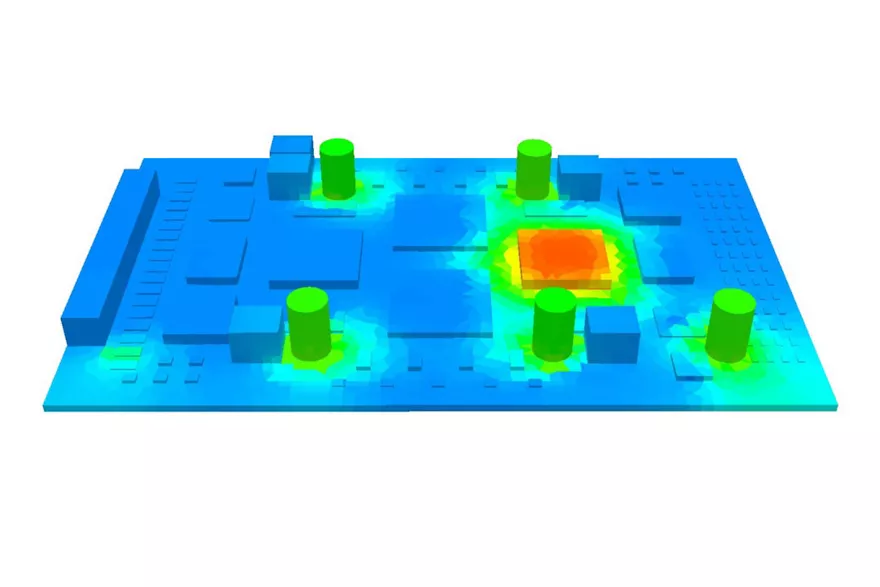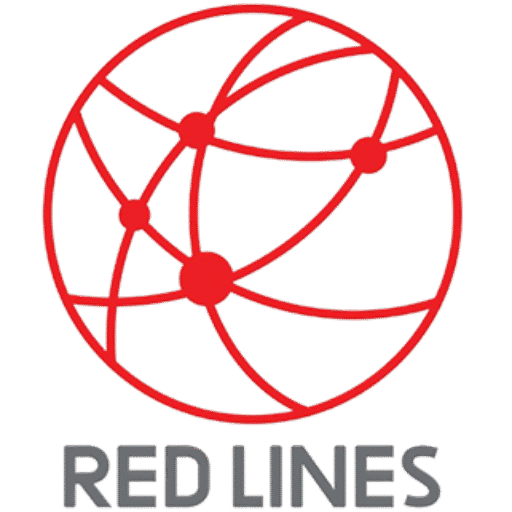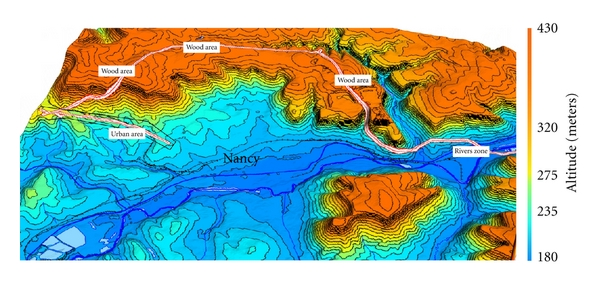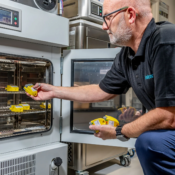In regions with intense climatic conditions, such as Saudi Arabia, road infrastructure faces a constant battle against the heat. Prolonged exposure to high temperatures can cause degradation of road surfaces, resulting in cracks, deformation, and ultimately leading to unsafe driving conditions. As cities expand and traffic increases, the demand for safer, more resilient road networks grows stronger. This is where temperature mapping studies play a vital role in safeguarding road quality and ensuring long-term performance.
At Redlines (www.redlines.sa), we specialize in conducting comprehensive temperature mapping studies that are essential for identifying, understanding, and mitigating the impacts of heat on road surfaces. Our services are available across Saudi Arabia, including major cities like Jeddah, Dammam, and Riyadh.
Understanding the Impact of Heat on Roads
High ambient temperatures and radiant heat from the sun can significantly affect road integrity. Asphalt, the primary material used in road construction, softens under extreme heat, making it vulnerable to deformation from vehicle loads. Over time, this leads to rutting, bleeding, and cracking – all of which compromise the safety and usability of roads.
This heat-related degradation is particularly pronounced in inland areas like Riyadh, where temperatures can soar beyond 45°C during peak summer months. Coastal cities like Jeddah and Dammam, although slightly moderated by sea breezes, still experience prolonged periods of heat and humidity, further exacerbating the stress on road materials.

The Role of Temperature Mapping
Temperature mapping is a scientific method of monitoring and analyzing the thermal behavior of road networks over time. By using advanced sensors, data loggers, and thermal imaging technologies, we can pinpoint critical hotspots, temperature variations across the day and seasons, and the correlation between heat exposure and material degradation.
At Redlines, our temperature mapping studies provide invaluable data to infrastructure planners and maintenance teams. These insights help in:
- Designing heat-resilient roads with appropriate materials.
- Optimizing maintenance schedules before damage becomes critical.
- Identifying vulnerable segments of roads that require reinforcement.
- Supporting smart city planning and traffic safety improvements.
Real-World Applications in Saudi Arabia
In Riyadh, temperature mapping has revealed alarming surface heat buildup in industrial zones and high-traffic areas, pushing materials beyond their thermal tolerance. This insight has enabled planners to switch to more heat-resistant asphalt mixes and implement shading or cooling techniques.
In Jeddah, where humidity complicates heat dissipation, temperature mapping helped identify moisture-heat interactions that accelerate surface fatigue. By understanding these thermal dynamics, road engineers are now better equipped to prevent premature failures.
Dammam, with its mix of commercial and residential developments, has benefited from localized temperature mapping that guides customized maintenance and resurfacing schedules. Instead of using a one-size-fits-all strategy, planners can now apply targeted interventions based on precise thermal data.
Why Choose Redlines?
Redlines is a trusted leader in temperature mapping services in Saudi Arabia. Our experienced engineers and analysts use industry-leading tools to deliver accurate, actionable results. We serve both public and private sector clients, ensuring every road project meets the highest standards of safety and durability.
By working with Redlines, you gain:
- Access to the latest thermal data collection and analysis techniques.
- Customized solutions tailored to local climatic and geographical conditions.
- On-ground expertise in Riyadh, Jeddah, Dammam, and across Saudi Arabia.
- A commitment to enhancing infrastructure resilience and public safety.
Conclusion
With the ongoing challenges of climate change and rising urban temperatures, proactive planning is no longer optional—it’s essential. Temperature mapping is not just a technical procedure; it’s a critical investment in road safety, infrastructure longevity, and urban resilience.
At Redlines (www.redlines.sa), we’re proud to lead this vital effort across Saudi Arabia. Whether in the bustling streets of Riyadh or the coastal roads of Jeddah and Dammam, we’re helping pave the way for a safer, cooler future—one degree at a time.













